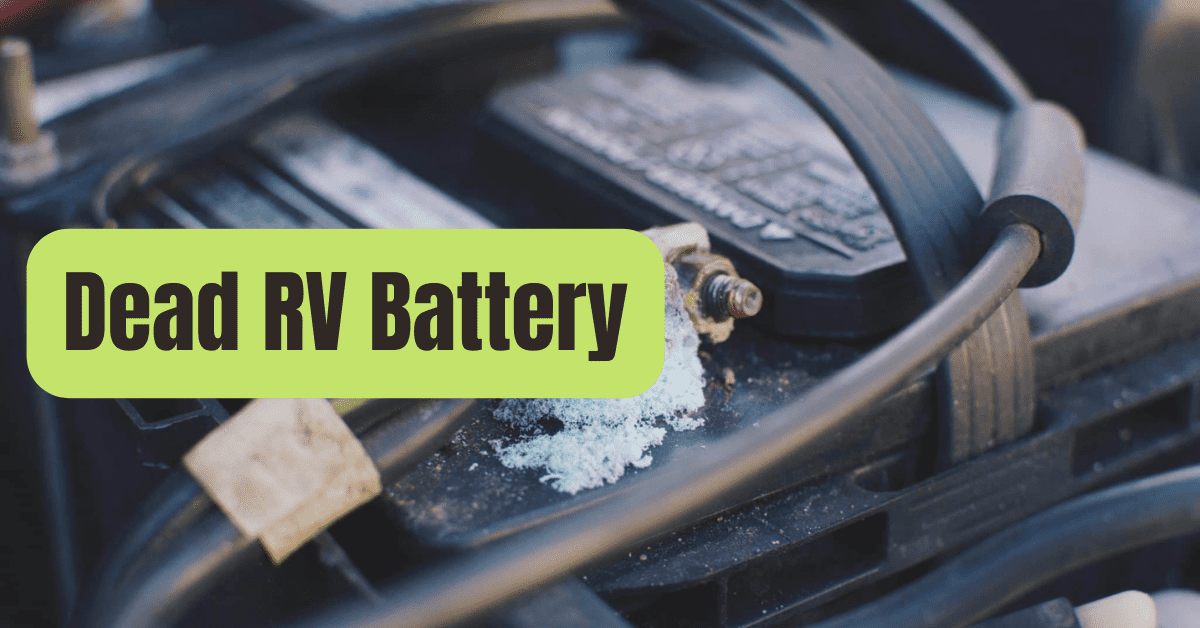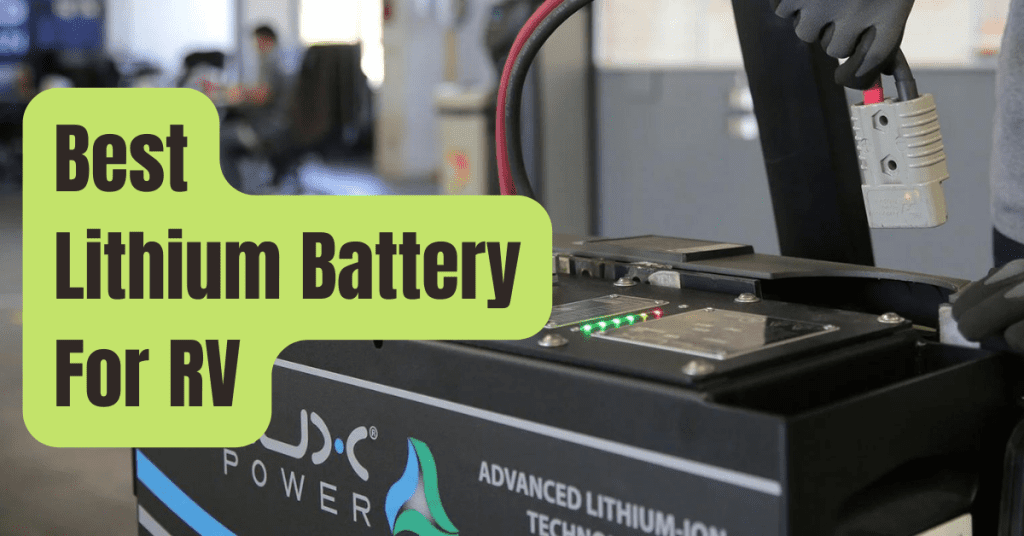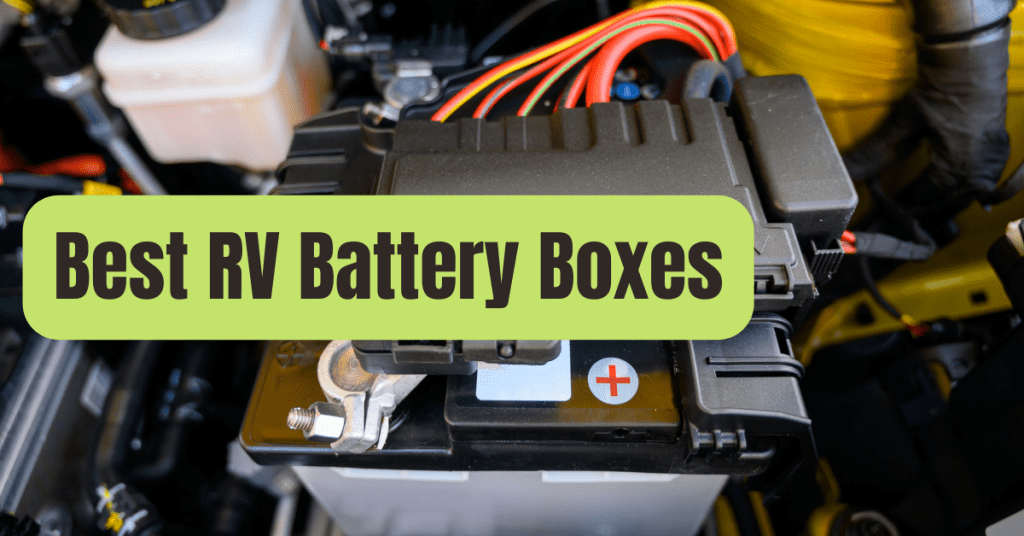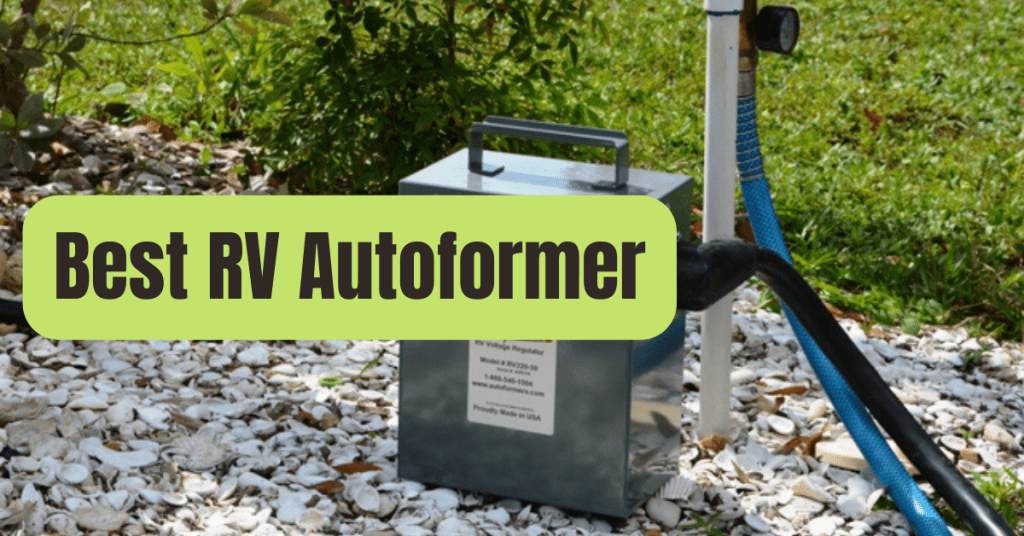An RV may make dealing with a dead battery much more aggravating.
Because separate components in RVs are powered by two independent battery systems, there are two times as many opportunities for a battery to die.
- Battery for RV engine: The chassis battery, also known as the starting battery, is designed to handle high currents for a brief amount of time.
- RV home battery: The house batteries are designed to provide a consistent level of power for a long time.
The two kinds of batteries cannot be switched for one another.
Yes, both can be really annoying when they don’t function as intended.
What Is Depleting The Battery In My RV?
A dead battery may be caused by a variety of circumstances, and identifying the culprit can help you stop it from occurring again.
Discreet and Slow RV Battery Drain
A gradual, covert loss of charge is one of the most frequent reasons for a dead battery.
A depleted battery may be caused by a variety of factors and may affect both the chassis and housing batteries.
Chassis battery drains may be as follows:
- Keep the headlights on
- Outdoor lighting
- Left the engine in auxiliary mode.
- Speakers in the front
- Not starting the generator while it’s parked
A few home battery drains are as follows:
- Internal lights are still on
- Clocks, stereos, or both
- Televisions
- Tiny appliances
- Refrigerator
- Fans
Your RV house battery may be drained by any electrical component, sometimes even while the component is off.
Long-Term Low Battery Charge Drains The RV Battery
Small sulfuric acid crystals grow on the metal plates of a lead battery every time it is operated.
The crystals dissolve and vanish as the battery charges.
However, if the battery is left at a low charge for a long time, the crystals grow to be too big to dissolve, completely damaging the battery.
Making sure that your RV chassis battery charge doesn’t go below 50% is always a smart idea.
Long-Term High Battery Charges Drain RV Batteries
On the other hand, an overcharged battery may potentially go dead.
That’s because RV batteries contain 64 percent water, and when a battery is overcharged, the water boils out.
The other battery parts may overheat as a consequence, and eventually die.
It is advised that you keep track on your battery levels while it is in storage by:
- Regularly – at least once each week – check the battery’s charge
- Using a battery-monitoring tool
- Batteries should be disconnected, taken out of the RV, and put away to recharge in a cool, dry area.
- When not in use, connect your RV to shore power for at least 8 hours each week.
Old RV Batteries Cannot Maintain Charge
Sometimes old and worn-out RV batteries just stop working.
When RV batteries are neglected entirely or for an extended period of time, this situation is likely to occur.
Although properly cared for batteries do have certain lifespans, none are intended to live indefinitely.
What to Do If the Battery in Your RV Dies
Using the battery from another vehicle to restart your chassis battery is possible, but it might be challenging.
Grab your membership card and give Good Sam Roadside Assistance a call if you don’t know much about the engine of your RV or how to jump a car in general.
If your RV batteries fail, Good Sam offers a vast network of technicians and professionals that specialize in RVs who can assist you, even if you’re stranded on the road hundreds of miles from home.
In order to avoid missing out on the fun because your RV won’t start, compare the Good Sam RV Roadside Assistance plans right now.
In the world of RVs, nothing is predictable, as well.
Any variety of RV risks may occur while traveling.
For your RV, Good Sam also provides premium extended service plans.
Never stress about significant repairs, which may be quite expensive and disrupt your vacation.










